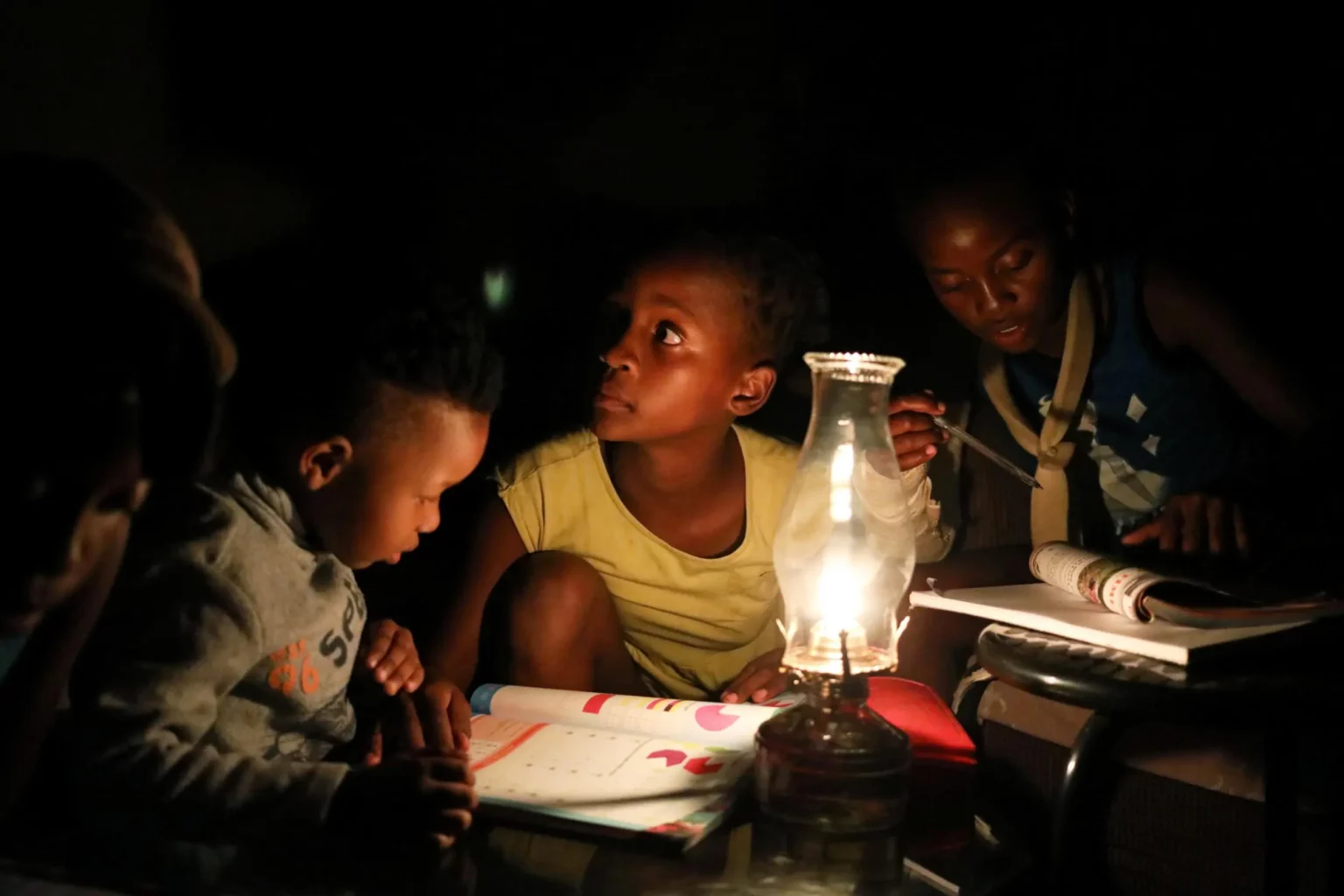675 million people worldwide still have no access to electricity, especially in sub-Saharan Africa, according to a report published by several international organizations.
Despite considerable steps and some improvement, the globe continues to encounter a surprising energy access gap, according to the report by the International Energy Agency (IEA), the International Renewable Energy Agency (IRENA), the United Nations Statistics Division, the World Bank and the World Health Organization.
The report warned that the world stayed off way to assure pure and cheap energy access for all by 2030 — one of the so-called Sustainable Development Goals set by all UN countries in 2015.
The world has witnessed a slowdown in the global pace of electrification, Guangzhe Chen, World Bank vice president for infrastructure, said in a joint statement.
While the number of people living without electricity has been cut in half in the past decade 675 million people were yet without in 2021, the report said.
The report added that about 80 percent of them live in sub-Saharan Africa, where the electricity access shortage has remained unmoved since 2010.
It stressed improvement elsewhere though, in certain the increased rate of utilizing renewables in the power sector, but cautioned this progress was “insufficient” to achieve the UN-set targets.
Fatih Birol, IEA executive director, said in the statement that the clean energy transition is pushing more quickly than many consider, but there is still a significant deal of work required to provide sustainable, secure, and affordable access to modern energy services for the billions of people who live without it.
It also uncovered that the current mounting debt levels and rising energy prices were worsening the outlook for meeting the target of ensuring universal access to clean cooking techniques and electricity within the next seven years.
Recent predictions indicate that without scaling up efforts further, the world is on the path to notice 1.9 billion people still living without access to clean cooking methods and 660 million without electricity access in 2030.
We must save the upcoming generation by working now.”
WHO chief Tedros Adhanom Ghebreyesus said in the statement.
“We must save the upcoming generation by working now,” WHO chief Tedros Adhanom Ghebreyesus said in the statement.
He added that neat technologies for cooking and reliable electricity in healthcare facilities can play a vital role in saving the health of our most weak populations




